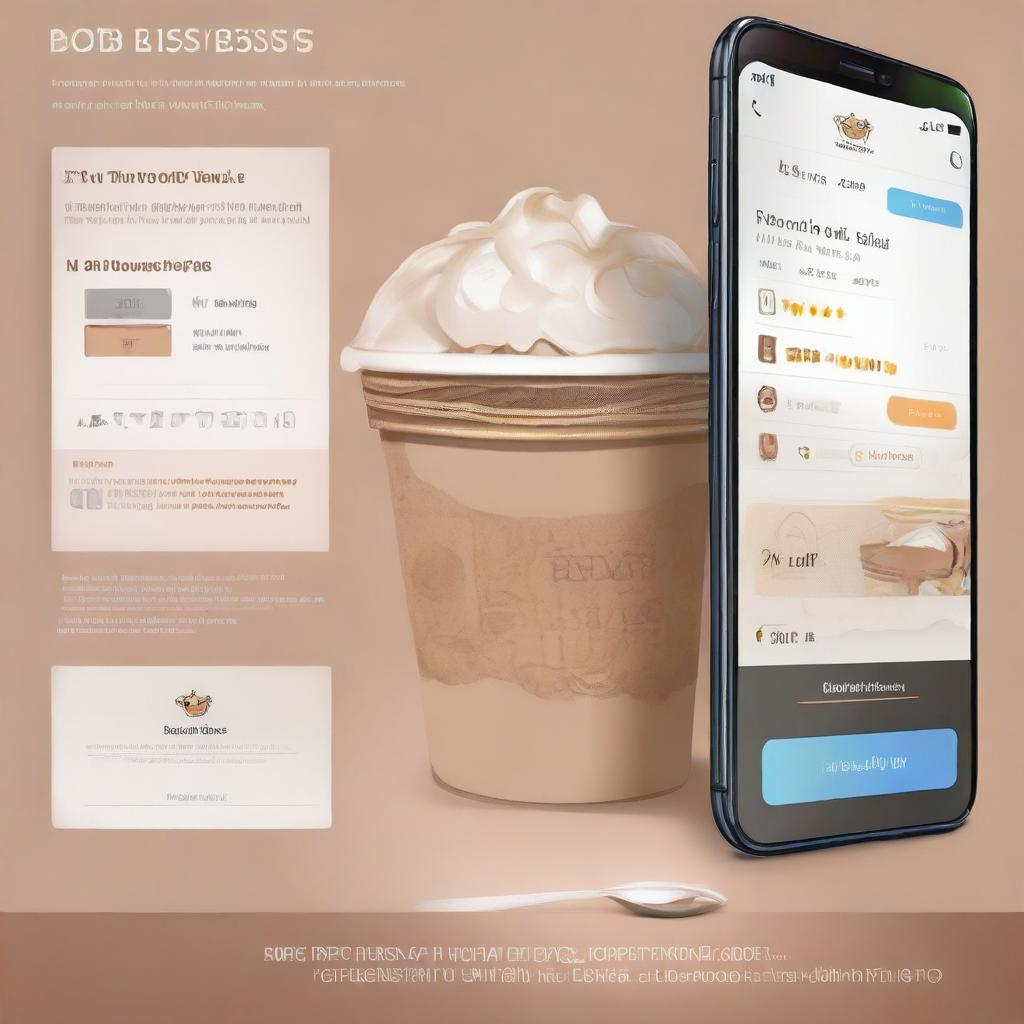TLDR
Starbucks is facing a wave of unionization efforts, but what does this mean for your local cafe? While the green mermaid grapples with a new reality, smaller shops have an opportunity to get ahead. Read on to learn what's brewing with unions at Starbucks and how local coffee shops can avoid the same fate by focusing on company culture. This article provides practical lessons your business can learn from the coffee giant's growing pains.
The Rise of Starbucks Workers United
Starbucks’ unionization efforts began in August 2021, when employees at three stores in Buffalo, New York voted to unionize with Workers United. Since then, the movement has rapidly spread to over 360 stores across the U.S., with many more elections pending.
This surge in union activity is a direct result of concerns over inconsistent scheduling, inadequate pay and benefits, and a lack of voice in company decisions. In response, Starbucks has taken a hardline stance against unionization. They’ve held “captive audience” meetings, fired pro-union employees, and made policy changes that undermine the union’s power.
Despite Starbucks’ anti-union tactics, their workers remain determined. "At first, the company looked after its workers and communities well. But come 2020, amidst the pandemic, things started to shift. As essential workers, we began wondering if the company had departed from its initial values, given the risks we were taking for the sake of our health and safety", said Michelle Eisen, a leader in the campaign. The union’s key demands are simple: fair wages, guaranteed hours, improved healthcare, and a seat at the table.
While smaller coffee shops may operate differently, Starbucks’ situation highlights some important lessons. Provide good pay and benefits, value your employees, and maintain open communication. Doing so builds trust and loyalty, and reduces the desire for collective action.
Of course, unionization isn’t always avoidable or undesirable. When employees organize to address real workplace issues, companies should negotiate in good faith. For local shops, this means being proactively attentive to employee needs and fostering an environment where issues can be raised and addressed. With fair treatment and open dialog, unionization may never become a concern.
Starbucks' Response to Unionization Efforts
Starbucks recently reversed course and committed to bargaining with unionized employees and reaching an agreement on labor contracts. According to Starbucks, the company aims to ratify contracts with unionized workers by 2024. This is a major reversal from Starbucks’ initial opposition to unionization efforts.
The reversal comes as Starbucks faces demands from shareholders and negative public perception due to its anti-union stance. Starbucks likely hopes that by cooperating with unions and negotiating contracts in good faith, it can repair relationships with employees and customers, as well as investors concerned about the company’s reputation.
For smaller coffee shops, Starbucks’ reversal contains important lessons. Opposing unionization is unlikely to succeed and often backfires by damaging relationships and public image. Companies should take a neutral or cooperative stance towards unionization. By working constructively with unions, companies can address employee concerns, build trust, and reach compromises that balance the needs of both workers and the business.
Rather than seeing unions as a threat, smart companies view them as partners that can help ensure a motivated, productive workforce. For smaller coffee shops, maintaining positive relationships with employees and a reputation for fair treatment of workers is especially important. Adopting an open, cooperative approach to unionization and contract negotiation is the wisest strategy.
Lessons for Local Coffee Shops From the Starbucks Union Push
Local coffee shops should pay close attention to the unionization efforts gaining ground at Starbucks. While Starbucks has struggled against the organization of some of its stores, the issues driving the union push— low wages, desire for better benefits, and a more supportive work environment—are concerns that extend to your employees.
Address Workplace Concerns Proactively
Rather than fighting unionization, focus on addressing the underlying issues fueling the desire to organize. Take time to connect with your staff, ask about their challenges and concerns, and make meaningful improvements to wages, benefits, and working conditions. Providing educational assistance, for example, is an inexpensive way to support your team in developing skills and advancing their careers.
Build a Positive Company Culture
A positive, supportive company culture where employees feel heard and valued is the best defense against unionization. Foster open communication, show appreciation for your staff, and make them feel like part of the company’s success. When employees are engaged and empowered, they are less likely to feel that a union is necessary to have their needs met.
While the union push at Starbucks should serve as a wake-up call, local shops have an advantage in building great work environments. Your smaller size allows you to connect with staff and address issues quickly. Focus on the factors within your control—like company culture, benefits, and training programs—rather than fighting external organization efforts. When employees feel satisfied, engaged, and supported, union representation will seem unnecessary. By learning from Starbucks’ experiences, local coffee shops can avoid similar challenges and build a motivated, invested team.
How Small Coffee Shops Can Avoid Unionization
As Starbucks employees organize unions across the country, independent coffee shop owners may worry their staff will follow suit. However, by proactively addressing employee concerns and maintaining positive work environments, small businesses can reduce the likelihood of unionization.
Offer Competitive Compensation
Providing fair pay and benefits is one of the best ways for small coffee shops to deter unionizing efforts. Staying up-to-date with industry standards for baristas and counter staff will ensure employees feel valued and secure in their jobs. If pay is inadequate, staff may turn to collective bargaining to ask for higher wages and benefits.
Foster Open Communication
Listening to employees and addressing their concerns will cultivate company loyalty and satisfaction. Regularly checking in with staff, taking feedback seriously, and making appropriate changes will help prevent feelings of frustration that could prompt union organization. An open-door policy where employees feel heard and respected is key.
Prioritize Fair Labor Practices
Following all labor laws and regulations carefully is crucial for small businesses. Things like providing legally mandated breaks, sick leave, and overtime pay should be implemented properly. Unethical practices are more likely to instigate unionization as staff seek to correct unfair working conditions.
For small coffee shops, a positive company culture where employees feel supported is the best defense against union organizing efforts. Providing competitive pay and benefits, listening to staff concerns, and complying with labor laws will establish goodwill and satisfaction, allowing independent businesses to avoid unionization facing larger corporations like Starbucks. Fostering an ethical working environment where employees feel heard is the key to success.
Find out how Chick-fil-A claimed the top spot in the American Customer Satisfaction Index (ACSI) by having friendly and happy employees. Learn more in our blog.
FAQs: Answering Common Questions About Starbucks Unionization
What's happening at Starbucks regarding unions?
Starbucks baristas across the U.S. are organizing to form unions, despite the company's opposition. Workers at over 300 stores have filed petitions for union elections. Starbucks claims unions are unnecessary and may disrupt the company’s culture, but workers argue unions will give them a voice in decision-making and help address issues like understaffing and inconsistent scheduling.
How are local coffee shops affected?
While Starbucks’ situation is complex, it highlights the importance of management-employee relations. Local coffee shop owners should evaluate how they can strengthen trust and satisfy workers. Maintaining open communication, providing good pay and benefits, and giving staff more say in operations are all ways to build goodwill. If workers feel heard and valued, they'll be less likely to seek outside organizations to represent their interests.
What does a union mean for baristas and customers?
For baristas, a union could translate to higher pay, more consistent schedules, improved benefits, and a channel to address workplace grievances. However, union dues and potentially more rigid rules are downsides. For customers, a union may not drastically change the experience, though some minor price increases are possible if costs rise for Starbucks. Product quality and service levels are unlikely to be impacted in a major way.
What is Starbucks' position on unions? Why do they oppose them?
Starbucks firmly opposes unionization efforts, claiming that unions are unnecessary and may undermine the company's culture. Starbucks sees itself as a progressive, employee-friendly brand and believes that open communication between managers and baristas is sufficient. The company also argues that unions could disrupt flexibility and increase bureaucracy. However, critics counter that Starbucks’ opposition is more about maintaining control and maximizing profits.
Final Thoughts
You may be running a small coffee shop, not a global chain, but the winds of change at Starbucks should make you reflect. Connect with your baristas. Ask if they feel heard. Make sure your pay and benefits are fair for your neighborhood. Show you value their contributions. Your shop's culture is your brand. If baristas feel respected, they'll pass that on to customers through quality drinks and service. A strong team is your advantage over chains preoccupied with shareholder returns. So be proactive. Don't wait for union rumblings. Foster an environment where baristas feel invested in your shop's success. Make it a community they want to be part of. Keep your ear to the ground. Value your people. And your small business will continue thriving.

















.svg)





.svg)
.svg)









.png)







.webp)










